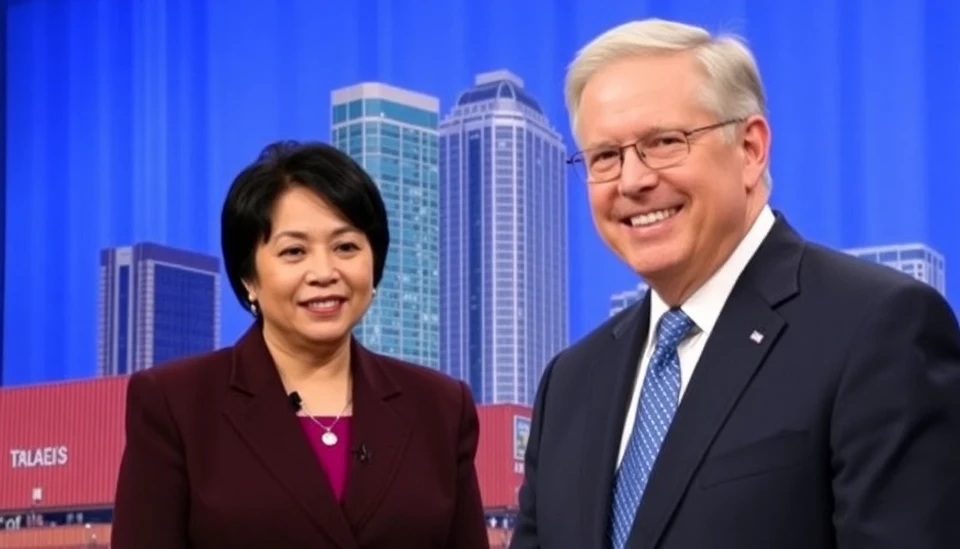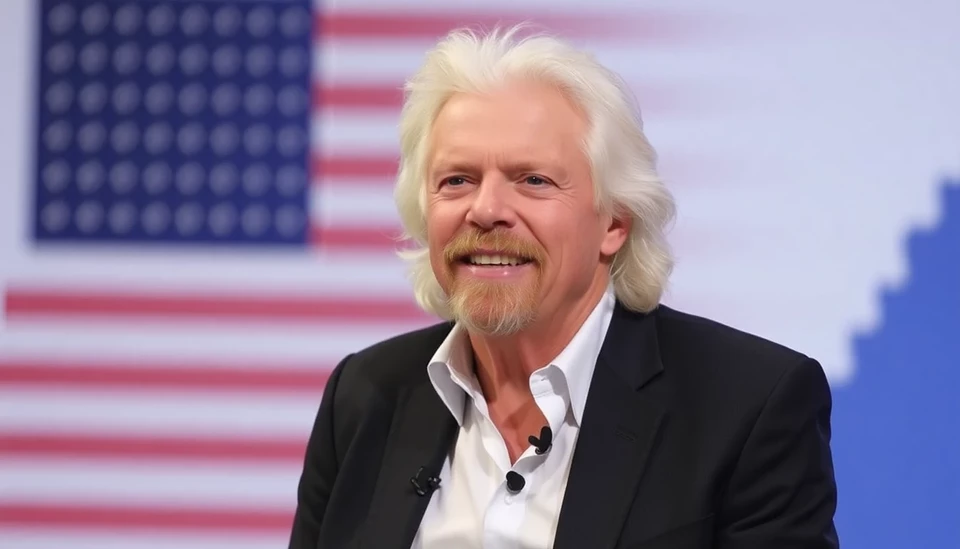
In a recent statement, the United States Trade Representative, Katherine Tai, emphasized the necessity of implementing targeted tariffs to address economic vulnerabilities tied to China. This comes in light of concerns about the ongoing dominance of Chinese manufacturing and the potential repercussions it poses for the American economy.
During a trade symposium hosted in Washington D.C., Tai expressed her views on the importance of recalibrating trade policies. She stated that tariffs could serve as a buffer against economic disruptions that may occur due to over-reliance on Chinese imports, especially in crucial sectors such as technology and pharmaceuticals. “We can’t ignore the lessons of the past,” Tai remarked, referencing the recent supply chain crises that brought to light the fragility of reliance on China.
She highlighted that while tariffs are often viewed as a contentious trade tool, their strategic use could foster domestic manufacturing growth and support American jobs. Tariffs could act as a means to encourage companies to bring production back to the U.S. and lessen the economic shocks from potential supply chain vulnerabilities in the future.
Moreover, Tai pointed out that these measures would not be one-size-fits-all but would be tailored to specific industries that are highly reliant on Chinese imports. The trade chief’s comments reflect a broader strategy of creating a more resilient economic framework that prioritizes national security interests alongside economic stability.
Responses from business leaders and economists have been mixed. While some support the idea of encouraging domestic production, others warn that indiscriminate tariffs could lead to increased costs for consumers and retaliatory measures from China. Tai countered these concerns by emphasizing the potential long-term benefits of building a robust domestic supply chain capable of withstanding international disruptions.
As the U.S. navigates its complex relationship with China, Tai's advocacy for targeted tariffs represents a shift toward a more calculated approach to trade policy, aiming to balance competitive strategies with domestic economic interests. The Biden administration appears committed to making these adjustments as part of its larger goal to rectify trade imbalances and enhance the nation's economic independence.
The ongoing discussions around tariffs and trade policies are set to continue as the administration evaluates its strategy ahead of the next congressional session. Stakeholders watch closely as any forthcoming decisions could significantly influence the trajectory of U.S.-China relations and the broader global economy.
#USTrade #Tariffs #ChinaEconomy #KatherineTai #Manufacturing #SupplyChain #TradePolicy #EconomicIndependence
Author: Daniel Foster




